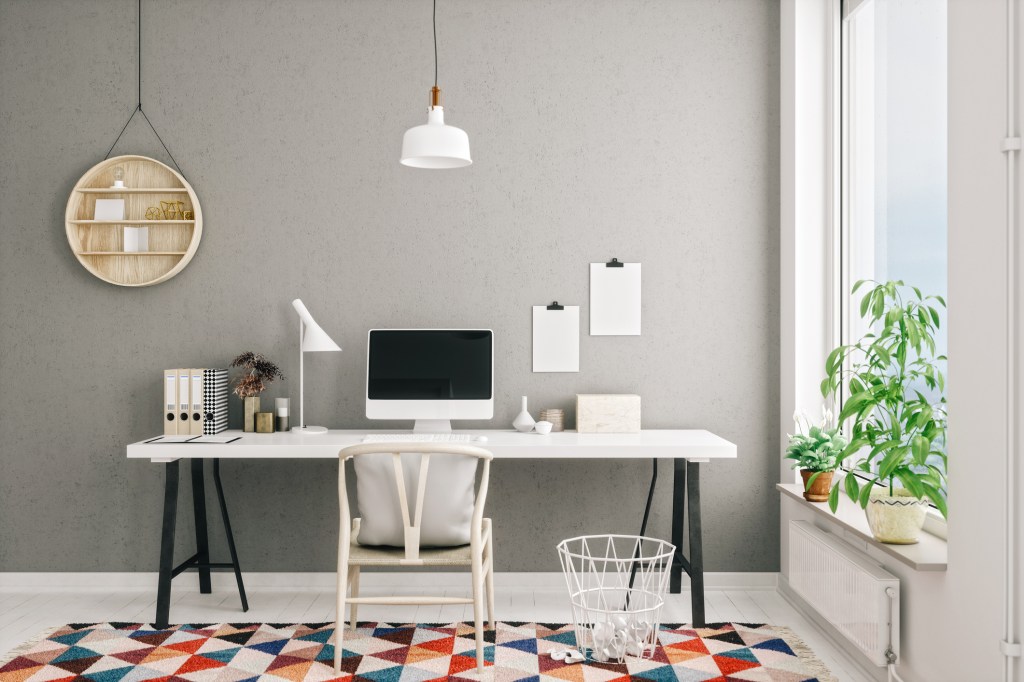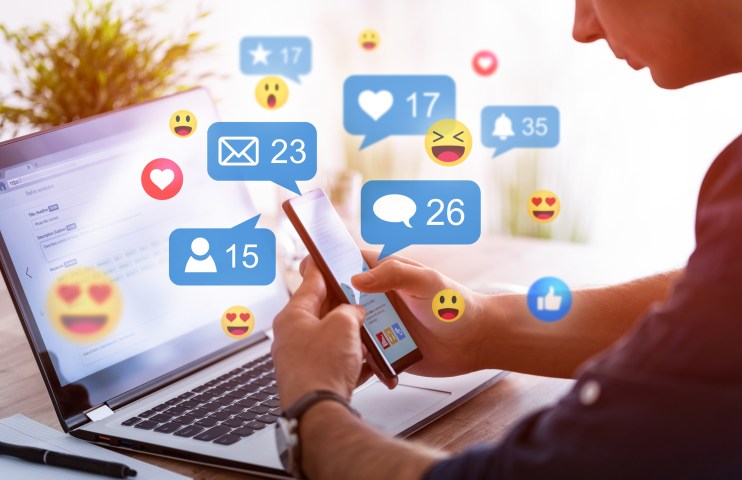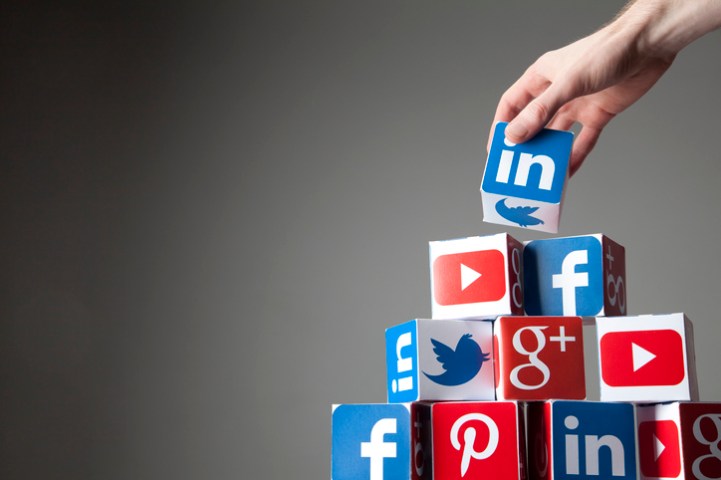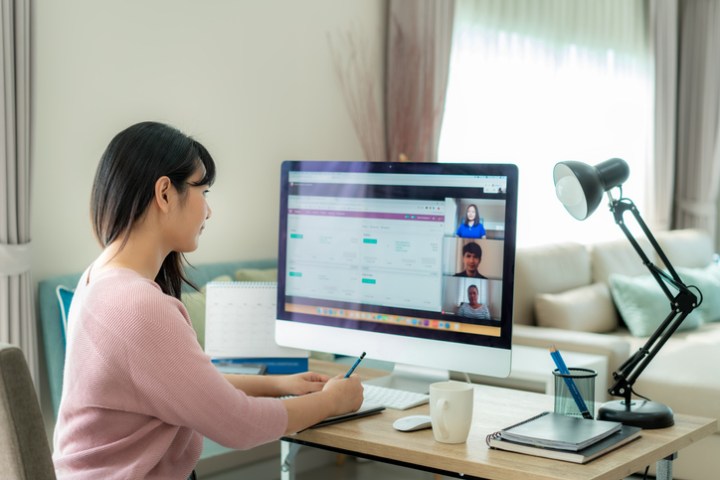What does your desk say about you?

Have you ever wondered what your desk might be saying about you and your personality?
Lily Bernheimer, Director of Space Works Consulting and author of The Shaping of Us gives us an evidence-based breakdown, combining insights from personality research with the secrets of environmental psychology, uncovering the secrets of your workspace.
Cluttered
Cluttered, chaotic, colorful: this is the desk of an extravert. Extraverts are excitement seekers and get easily bored without stimulation so they like to surround themselves with bright lights, materials and knickknacks related to their many activities, and warm, saturated colours like red. They have a high need for social interaction, and less need for personal space, so you may find their desk at the circulation crossroads where they can catch people passing by. Extraverts tend to be assertive, cheerful, and above all, friendly. Notice a welcoming extra chair, or plate of biscuits? These features invite people in to stop and chat. But with their days so busy, extraverts often don’t have enough time to tidy up! While you might think that a cluttered workspace would scare people away, a controlled amount of clutter is actually more inviting than either a sparse space or an overstuffed one.
Minimalist
At the other end of the spectrum we have the Minimalist. An extremely tidy and organised workspace tells people that you are very conscientious: orderly, disciplined, and cautious. You’ll find the Minimalist organising his files, sharpening pencils, and putting dates in his calendar for 2019. Conscientious people tend to be hard working, reliable, focused, and achievement-oriented—they like to make plans and follow routines. While these are generally seen as positive traits at work, the Minimalist may not high be on the creative spectrum or innovating new strategies. And while minimalism may be lauded by anti-clutter guru Marie Kondo, a desk displaying no human imprint can also communicate that you haven’t set down roots at work, signaling a lack of commitment.
Expander
Anyone who has worked in a hotdesking office or co-working space is familiar with the Expander. Every day, their portion of the desk seems to grow a little bit bigger with a new stack of files or that kettle they bought and haven’t managed to take home yet. You pop out for lunch and return to find your spot occupied with their half-finished sandwich! We like to mark our territory somewhat like dogs, but some people do this more than others. Highly territorial behaviour may signal that a person is more dominant and aggressive, or less sensitive to others around them. You may find the Expander in the centre of the room, as central-seaters tend to be more dominant and defensive of their space than those around the edges. But it’s also important to point out that scarcity of space and uncertain ownership make people more territorial. Today’s highly shared workspaces can bring out the Expander in anyone if not carefully designed and managed in consideration of human needs.
Surveyor
You’ll find the Surveyor sequestered away in their own little fortress at back of the office. Humans are instinctively drawn to spaces with refuge and prospect: seats where you have your back to the wall and a good view of what may be coming at you. But Surveyors have an especially strong need for refuge, feeling distracted and insecure if they don’t have their back to the wall. A need for more personal space is linked to introversion and higher rates of anxiety. At the other end of the spectrum from extraverts, introverts are overhwhelmed by too much stimulation, and draw their energy from solitary pursuits. Sitting on the periphery can also be a sign that you are low in agreeableness: the tendency to be helpful, cooperative, and sympathetic. But the surveyor certainly shouldn’t get a bad rap: introverts are often highly creative and productive types who need their own fortress to flourish.
Personaliser
A distinctive, stylish, and unusual workspace tells people that you are an open person: creative, intellectual, and open to new experience. Artwork can communicate an artistic and imaginative inclination, while travel photos may betray a thirst for adventure. A highly personalised office can signal either openness or extraversion, but the workspace of an open person is distinguished by being stylish, unique, and versatile – reading material and music collections betray their insatiable appetite for diverse genres. Highly open people may also care more about prospect than refuge, seating themselves in front of the window for enhanced stimulation and creativity. Interestingly, women are more likely to personalise their desk than men, and use more plants and social items like photos. Personalisers are more likely to have greater job satisfaction, psychological well-being, and even physical health, so a more personalized workspace has benefits for both employees and employers.







